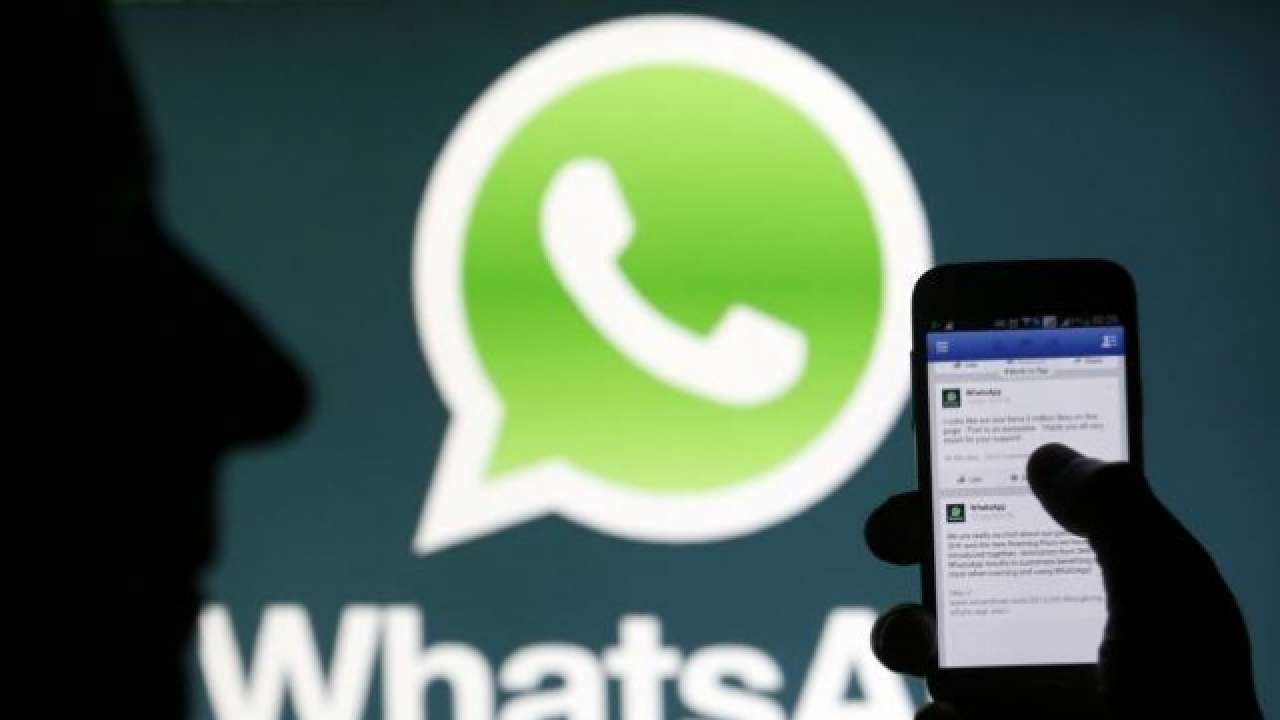Here's how to check fake news on WhatsApp

Here's how to check fake news on WhatsApp
Facebook owned WhatsApp has launched a new fact-checking service in India to curb the fake news. The messaging app has said that it has join hands with an Indian startup, Proto and two other organisations, Dig Deeper Media and Meedan, for the newly launched service called Checkpoint Tipline.
WhatsApp users can send messages, including images, video and text in five languages, which are English, Hindi, Telugu, Bengali and Malayalam to check that credibility of the source.
The tip line will classify the messages as true, false, misleading or disputing. To use the service, users need to forward their messages on 919643000888.
Social media giant Facebook Monday said it has removed 687 pages and accounts linked to individuals associated with an IT Cell of the Congress party as it cracks down on fake accounts and spam.
These accounts, it said, were part of coordinated networks and were removed not based on content or fake news but for "inauthentic behaviour" and for pushing spam.
Besides, Facebook has also removed 103 pages, groups and accounts on its platform and Instagram for engaging in similar behaviour as part of a network that originated in Pakistan.
Facebook Head of Cybersecurity Policy Nathaniel Gleicher told reporters that Facebook has removed 687 Facebook Pages and accounts - the majority of which had already been detected and suspended by its automated systems - that engaged in "coordinated inauthentic behaviour" in India and were linked to individuals associated with an IT Cell of the Indian National Congress (INC).
Meanwhile, it's being reported that the telecom regulator Trai may go for a light-touch regulation for over-the-top (OTT) players such as Skype and WhatsApp.
The first open house session is scheduled for today and the recommendations are likely to come out by May.
Telecom Regulatory Authority of India (Trai) is examining the issues surrounding OTT players such as Skype and WhatsApp which have services in direct competition to telecom players. The main point of contention is whether there is a regulatory imbalance between the telecom industry and OTT players.